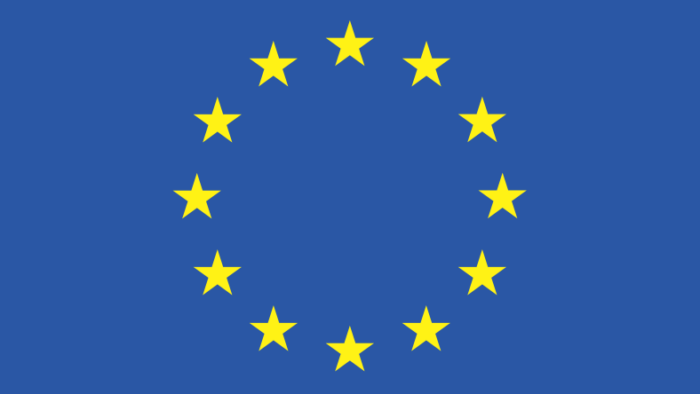In June 2017, the European Union formally abolished the mobile phone roaming fee system. The initial agreement bans the roaming fee for five years. This means that people between member states and borders will enjoy free roaming when they travel. The charges for making and receiving calls, sending and receiving text messages will be according to their original country. The charges for internet services will also be according to their original country. According to reports, EU negotiators reached an agreement to extend the “Roam Like At Home (RLAH)” regulations. Until 2032, smartphone users between EU member states will continue to enjoy free roaming when they go abroad.

The abolition of roaming charges has been one of the most popular reforms for EU mobile phone consumers. Public opinion surveys show that data roaming usage in the summer of 2019 increased significantly relative to the 2016 summer. The original RLAH Act will expire in June 2022. However, back in February, the European Union announced a proposal to extend the RLAH regulations as well as plans to extend it for another 10 years.
The UK will not enjoy this benefit
On Thursday, after the European Parliament reached an agreement with Slovenia, which currently holds the rotating EU presidency, the plan to extend the RLAH regulations was officially passed. It will affect all 27 EU member states, as well as Iceland, Liechtenstein, and Norway. However, as the UK has withdrawn from the European Union, it no longer enjoys this benefit.
Slovenia’s Minister of Public Administration, Bostjan Koritnik, stated that this is “one of the EU’s greatest success stories”. This makes it easier for people from EU member states to communicate when traveling in Europe.
Lead MEP Angelika Winzig said: “We were able to reach an agreement that is progressive and leads to even better quality and service for European citizens. We are creating a fairer roaming market, especially focusing on smaller operators by significantly cutting the wholesale caps. As European Parliament chief negotiator, it was my goal to improve the situation significantly for consumers”…“We succeeded in ensuring a new regulation that delivers exactly that, while also providing enough flexibility to react to new developments in the telecom and technological sectors. This way we make sure that the EU constantly has its finger on the pulse. Tonight’s agreement is one step closer to a true Digital Single Market and I am happy that we could add a new chapter to this European success story”, she concluded.





